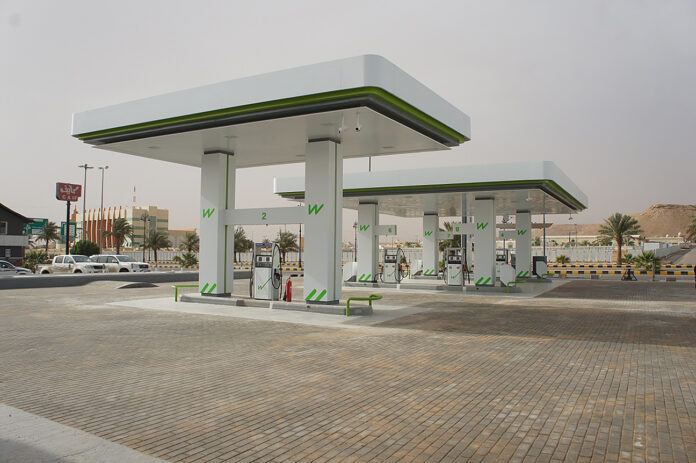Wafi Energy Pakistan Ltd (PSX: WAFI) – the company that, until early 2025, traded as Shell Pakistan – has posted a striking rebound in reported profitability even as it navigates the same structural questions facing fuel retailers worldwide: how quickly will electric mobility bite into petrol and diesel demand, and how should a filling-station business invest through that uncertainty?
The headline numbers flatter, but the mechanics matter. In the nine months to September 2025 (9MCY25), the company reported earnings per share (EPS) of Rs14.16, up from Rs3.38 a year earlier; the third quarter alone swung from a loss per share of Rs2.78 in 3QCY24 to EPS of Rs8.19 this year. Net sales rose 7% to Rs343 billion, gross profit jumped 22% to Rs21.8 billion, and EBITDA more than tripled to Rs9.9 billion.
A big part of that uplift, management says, is mundane but material: administrative costs dropped sharply because the group fees previously paid to Shell are no longer being expensed. In other words, the same cash that once flowed up to a foreign parent now shows up in local profit instead of being booked as an outflow – padding reported earnings without changing the underlying economics of the network very much. The content in this publication is expensive to produce. But unlike other journalistic outfits, business publications have to cover the very organizations that directly give them advertisements. Hence, this large source of revenue, which is the lifeblood of other media houses, is severely compromised on account of Profit’s no-compromise policy when it comes to our reporting. No wonder, Profit has lost multiple ad deals, worth tens of millions of rupees, due to stories that held big businesses to account. Hence, for our work to continue unfettered, it must be supported by discerning readers who know the value of quality business journalism, not just for the economy but for the society as a whole.To read the full article, subscribe and support independent business journalism in Pakistan









